In the heart of Tokyo, a humble Egyptian street food is fostering an unexpected cultural connection. Koji Ishitaka, a Japanese chef with a passion for cuisine, has not only opened the city’s first koshari restaurant but also found love and a deeper understanding of Egypt through this iconic dish.
Koji, a graduate of Hattori Nutrition College, a renowned culinary institute in Tokyo, ventured into Egyptian cuisine eight years after graduation, a period of time he spent working at a famous café in the Japanese capital.
Little did he expect, however, that Egyptian food would shape his life for many years to come. For starters, this sought-after Egyptian meal bound him together with the woman he married.
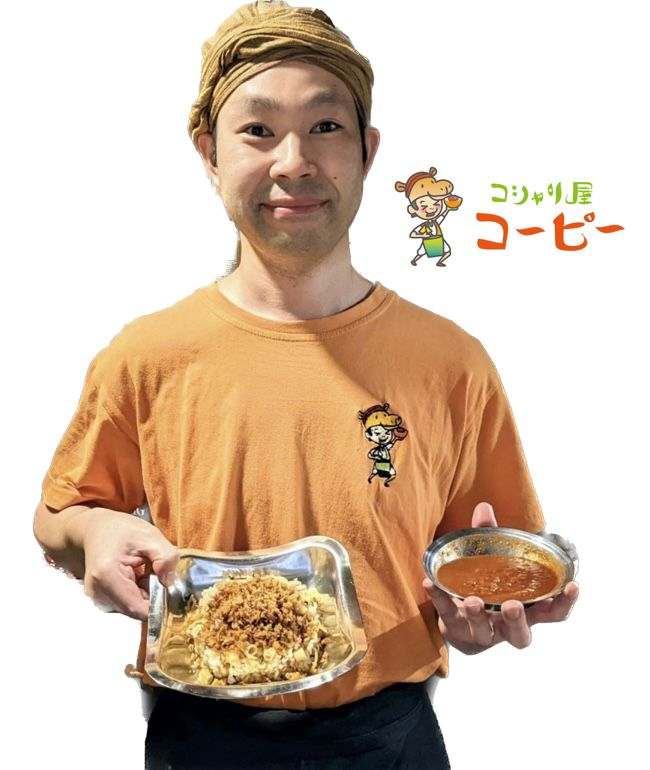
“I have liked cooking since I was a child,” Koji told Egyptian Streets.
This devotion to cooking grew inside Koji as he grew up. When he joined secondary school, a female classmate advised him to join a cooking institute, an advice he heeded attentively. Koji happened to lose his phone later, an unfortunate event that severed his contact with this female classmate.
When he opened his own restaurant a few years later, he ran promotional commercials on television. One day, among those arriving to get a taste of the cuisine featured in the menu of the restaurant, including the Egyptian koshari dish, was the same female classmate who had advised him to join a cooking institute many years before.
“This caused our reunion,” Koji said.
Happily, Koji married her, and in their union, koshari played a symbolic, reunifying role.
The Japanese Ambassador to Cairo, Oka Hiroshi, stumbled across Koji’s restaurant during a recent visit to Tokyo.
When he entered the restaurant, he was surprised to find the Egyptian comfort bowl taking centre stage. This fanned his enthusiasm to request to meet the chef, and listen to his story.
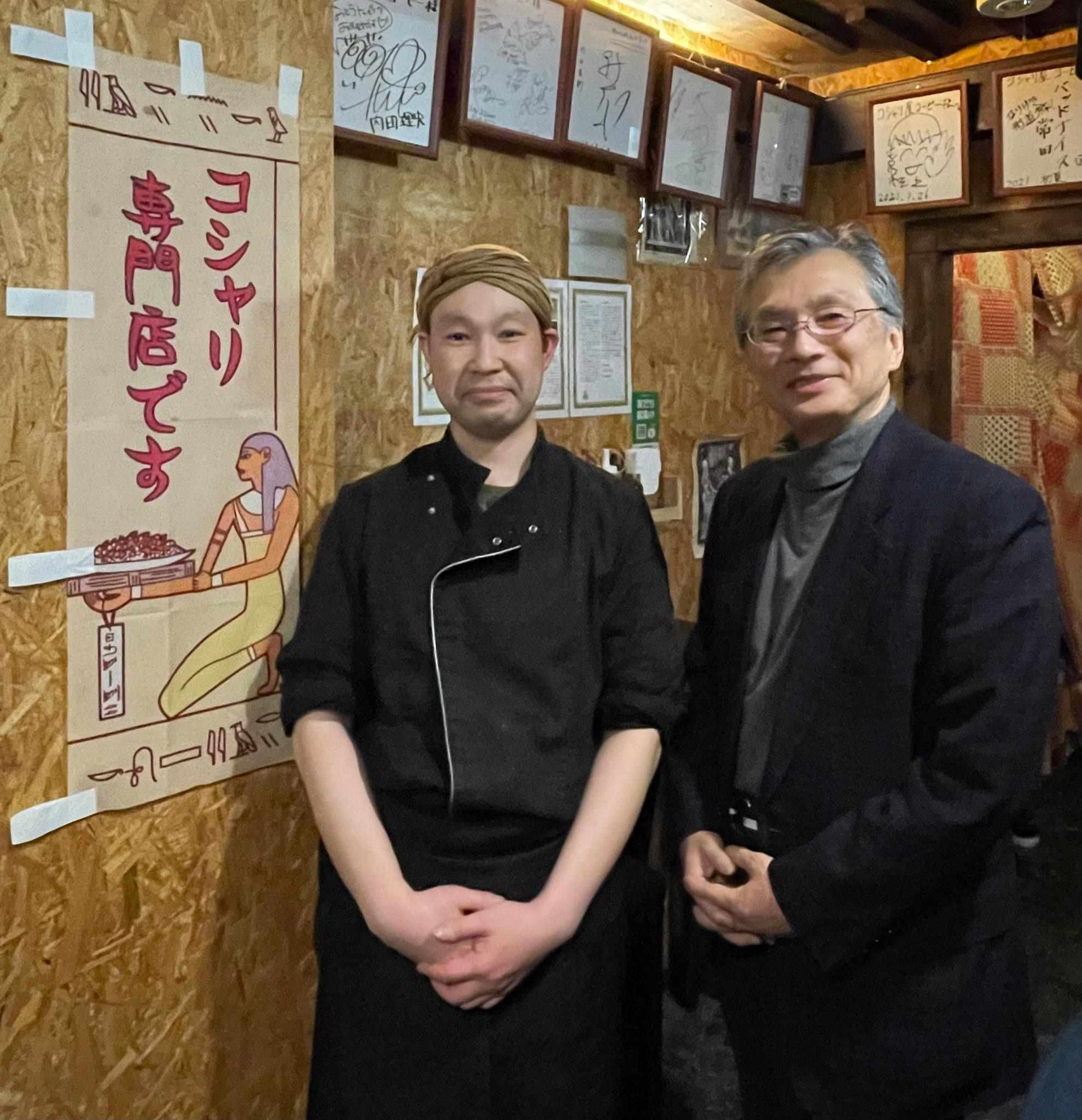
Of Humble Origins
Koji established his restaurant in collaboration with his junior high school classmates. He was first introduced to koshari by a friend who had revelled in the meal while on a trip to Cairo.
“This brought up the idea of serving koshari in our restaurant,” Koji said in Japanese, patiently translated into English by Ambassador Oka. “At the time, I had heard little of koshari, so I decided to research it.”
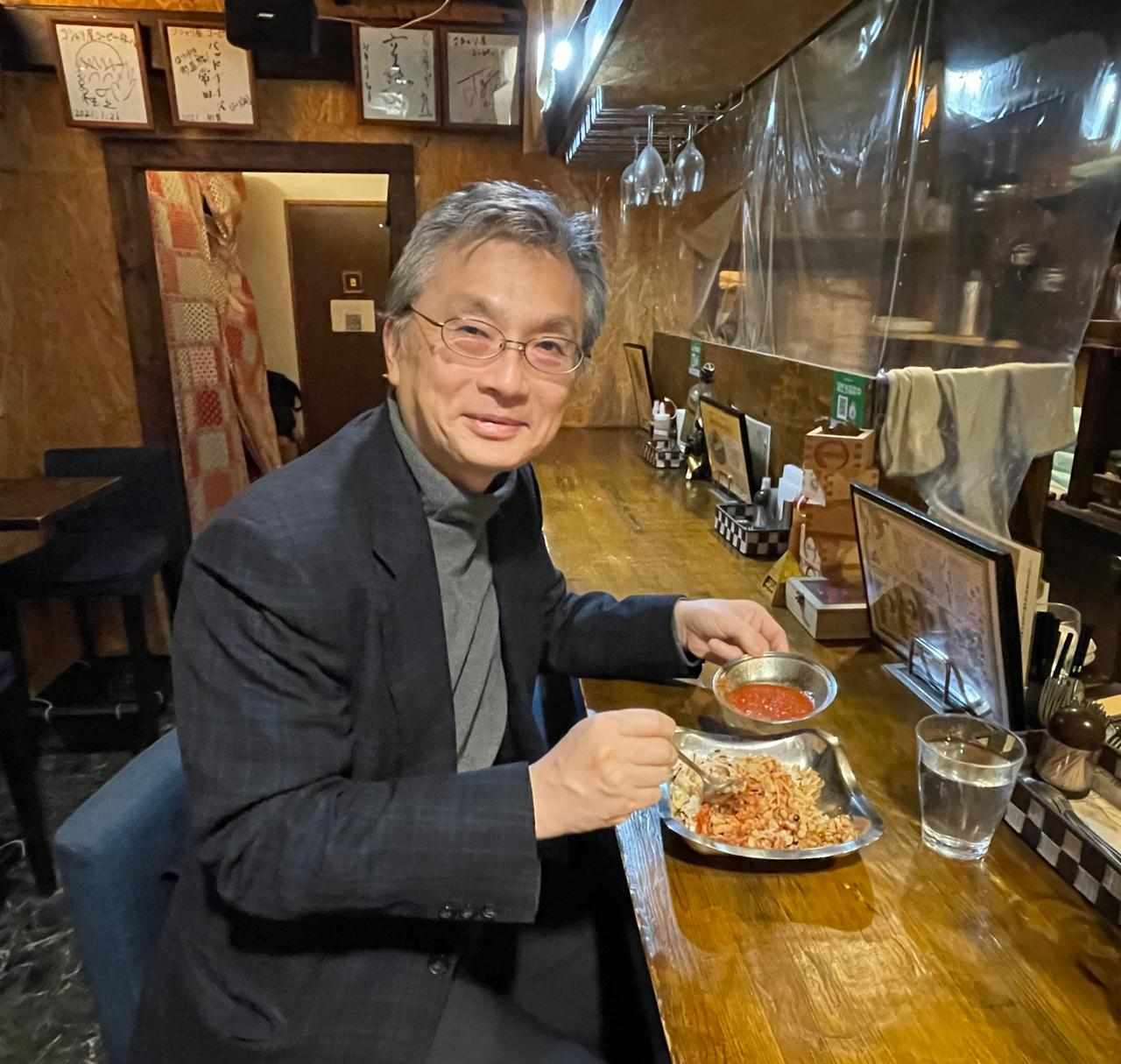
“Egypt, where different civilizations have come and gone throughout its extended history, has a habit of mixing cultures,” Koji added.
By nature, koshari is a mix of plant-based ingredients and spices, tastefully symbolising the cultural melting pot of the nation.
“It’s exciting to be able to make a dish with such a deep cultural background,” Koji enthused.
The chef succeeded in giving a distinctive taste to this Egyptian meal, one proving to be popular among Japanese diners who converge onto his restaurant located in Kinshicho, an area close to a famous train station in Sumida, Tokyo’s easternmost cultural centre overflowing with young people.
He said Japanese consumers are growing fond of the taste of koshari. “It is an international food with the potential to be accepted by everyone in every corner of the world,” Koji explained. Yet, channeling a spirit of experimentation, Koji provides a delectable and untraditional array of toppings to his dishes, including avocado and cheese.
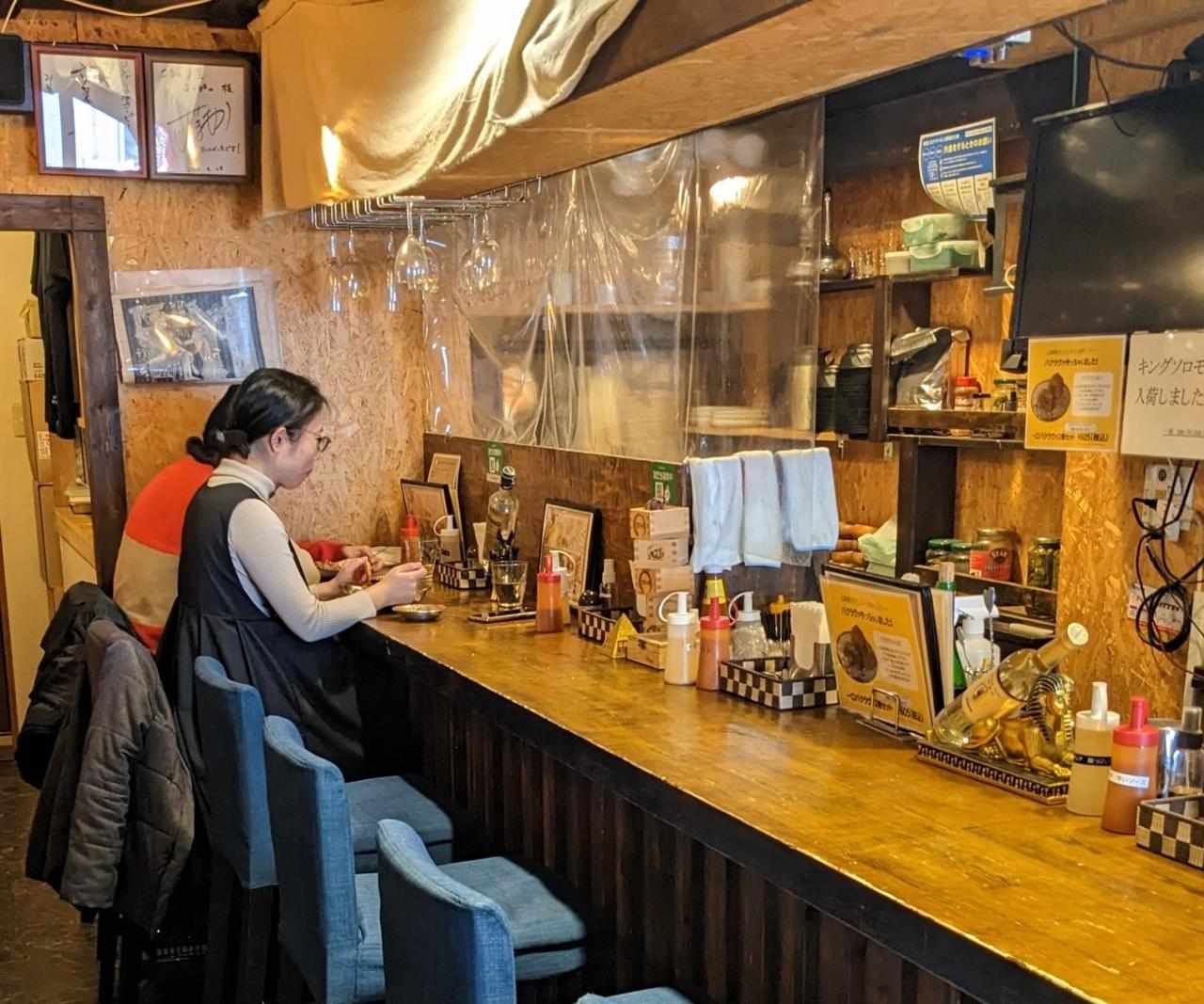
He and his partners initially sourced the ingredients for koshari from different countries, as staple items such as chickpeas are not readily available in Japan.
Through trial and research, they identified and purchased various items from international suppliers that closely aligned with the authentic taste of koshari.
Moreover, as the distinct shape of stainless steel tableware plays a vital role in channelling the everyday koshari dining experience, Koji travelled to Egypt to buy Egyptian koshari plates.
“I hope koshari can become a bridge between Japan and Egypt,” the Japanese chef concluded.
If you are visiting or living in Tokyo and want to check out Koji’s restaurant, you can visit the restaurant’s website here and find it on Google Maps here.
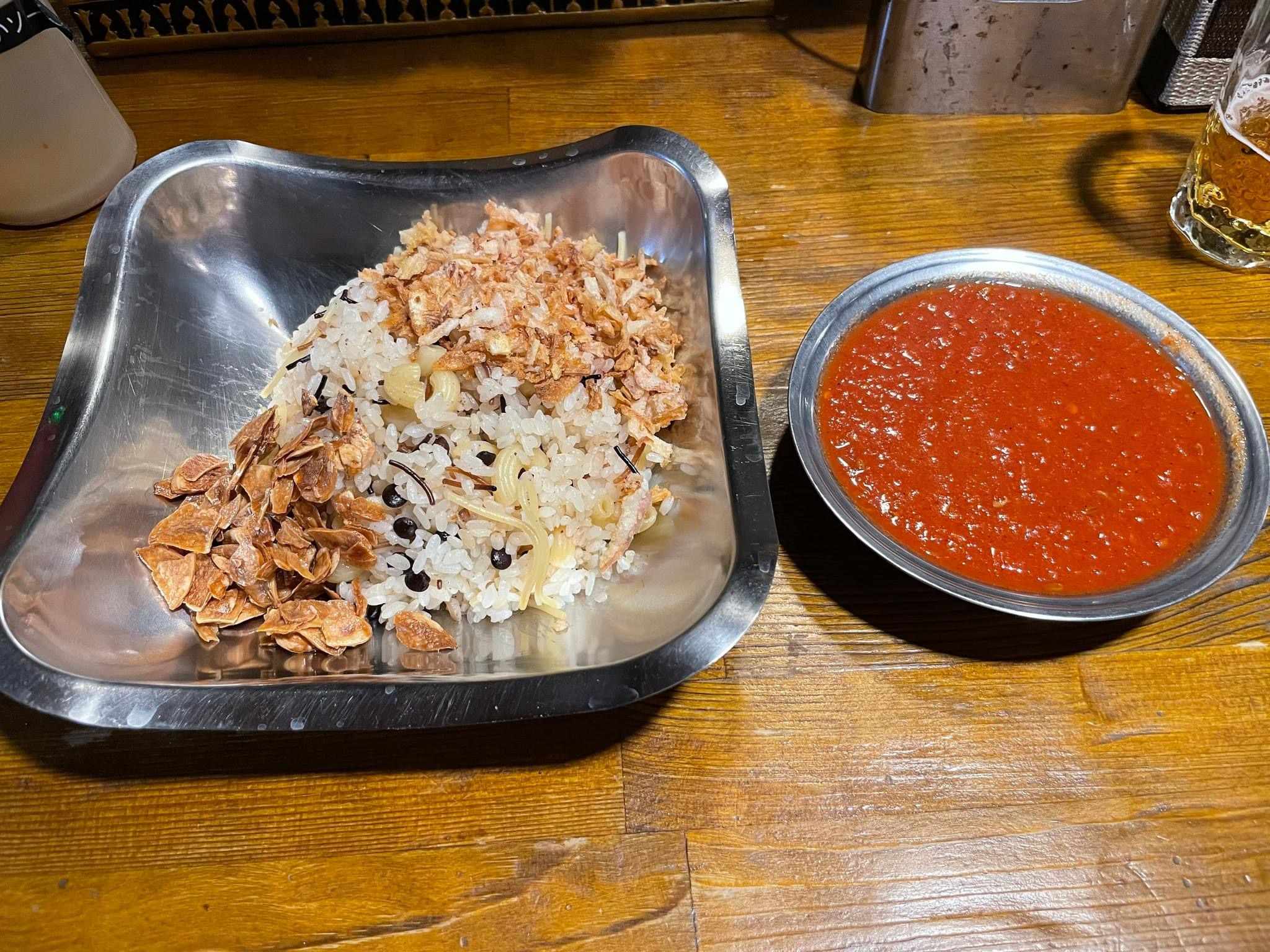




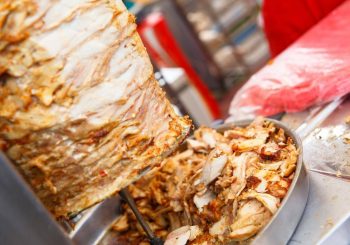
Comments (0)